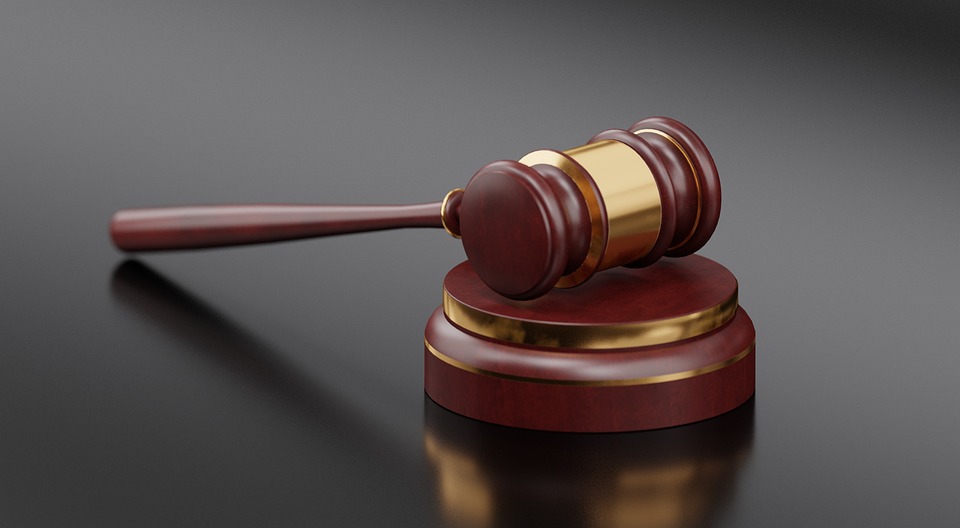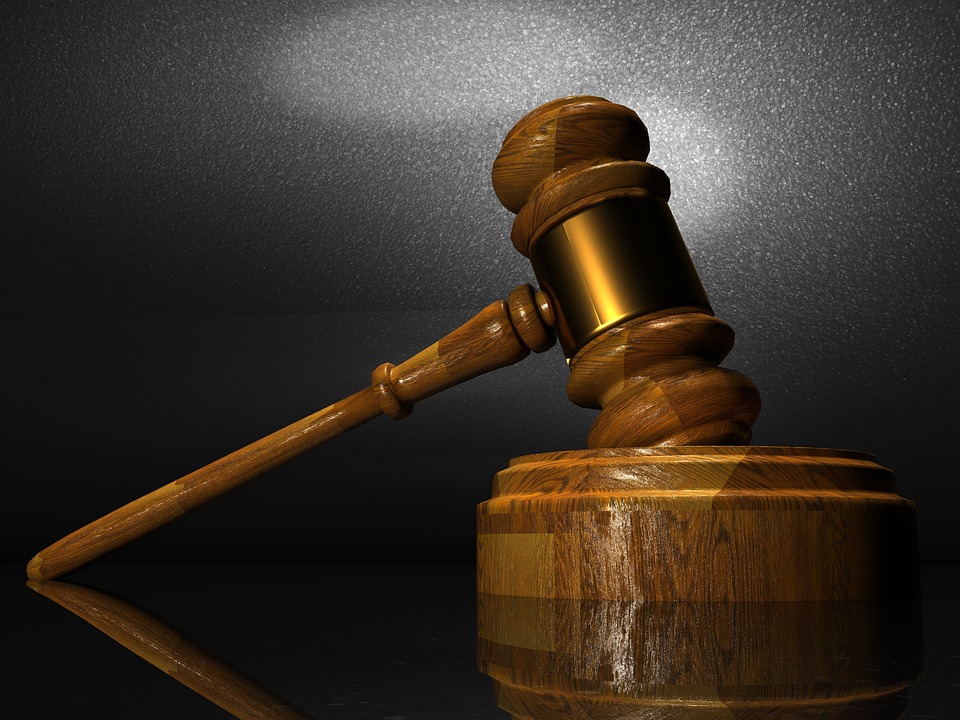Unveiling the Secrets of the Legal System: A Comprehensive Guide
The legal system is a complex and intricate web that governs our society, ensuring justice and order. However, for the average person, understanding the intricacies of this system can be overwhelming. In this comprehensive guide, we will delve into the secrets of the legal system, demystifying its inner workings and providing valuable insights.
Understanding the Legal System
Before we explore the depths of the legal system, it’s crucial to have a basic understanding of its structure and functions. The legal system comprises various components, including legislation, courts, and legal professionals.
Legislation forms the foundation of the legal system. It consists of laws enacted by legislative bodies, such as parliaments or congresses, to regulate conduct within society. These laws outline the rights and responsibilities of individuals and define the consequences for non-compliance.
The courts play a pivotal role in the legal system. They interpret and apply the law to resolve disputes and administer justice. Judges, who are legal professionals appointed or elected to their positions, preside over court proceedings and make decisions based on the law and relevant legal principles.
The Role of Legal Professionals
Legal professionals form an integral part of the legal system. They are individuals who have studied and specialized in law, offering their expertise to help individuals navigate the complexities of the legal system. Let’s explore some key legal professionals:
1. Lawyers: Lawyers provide legal advice and representation to clients. They may specialize in various areas of law, such as criminal law, civil law, or corporate law. Lawyers play a crucial role in advocating for their clients’ rights and ensuring fair legal proceedings.
2. Judges: Judges are impartial individuals who preside over court proceedings and make decisions based on the law. Their role is to ensure justice is served and that legal principles are upheld.
3. Prosecutors: Prosecutors are legal professionals who represent the government in criminal cases. They present evidence against the accused and seek to prove their guilt beyond a reasonable doubt.
4. Legal Researchers: Legal researchers analyze and interpret laws, statutes, and legal precedents to provide valuable insights and support the work of lawyers and judges.
Demystifying Legal Terminology
The legal system is often associated with complex terminology that may seem daunting to the uninitiated. Here, we will shed light on some uncommon legal terms to enhance your understanding:
1. Prima facie: This Latin term refers to evidence that, if accepted as true, is sufficient to establish a fact or case unless disproven.
2. Habeas corpus: Habeas corpus is a legal action that allows an individual to seek relief from unlawful detention or imprisonment. It ensures that individuals cannot be held without proper legal justification.
3. Mens rea: Mens rea is a Latin term meaning “guilty mind.” It refers to the mental state or intention of a person while committing a crime. It helps determine the degree of culpability.
4. Res ipsa loquitur: Res ipsa loquitur, meaning “the thing speaks for itself,” is a legal doctrine that allows a presumption of negligence when an accident or injury occurs under circumstances that would not typically happen without negligence.
Frequently Asked Questions (FAQs)
Q: How can I find a reputable lawyer for my legal needs?
A: Finding a reputable lawyer can be crucial for your legal matters. Seek recommendations from friends, family, or trusted professionals. Additionally, consider researching online directories or contacting local bar associations for referrals.
Q: What should I expect during a court hearing?
A: Court hearings involve presenting evidence, examining witnesses, and making arguments. It is essential to arrive prepared and follow proper courtroom etiquette. Your lawyer will guide you through the process and represent your interests.
Q: How long does a legal case typically take?
A: The duration of a legal case varies depending on several factors, such as its complexity, the type of court, and the workload of the legal system. Some cases may be resolved quickly, while others can span months or even years.
For more in-depth information and resources on the legal system, you can visit this comprehensive guide that provides further insights into unveiling the secrets of the legal system.




